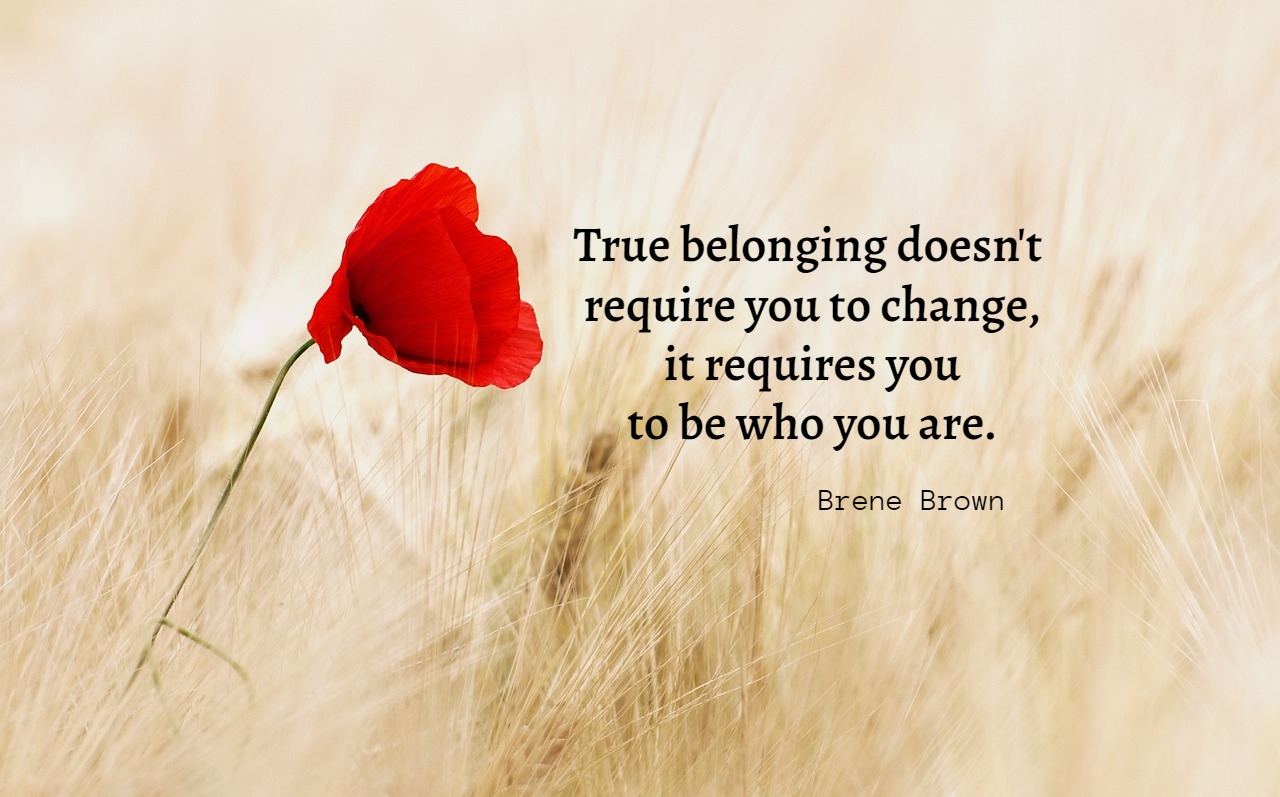WHAT IS GRIEVING?
Grief is an emotion that everyone will likely experience at some point in their life. It can be expressed as mental suffering due to the loss of someone or something. The expanse of the grief that might be felt can vary from person to person and also with respect to the actual event. For example, two people may both lose their jobs from the same employer at the same time, yet one may experience more grief as a result. Everyone’s walk is different yet there are strategies that may be helpful to all.
1) ACKNOWLEDGE THE PAIN: Hiding your emotions, avoiding the feeling of pain or loss can only prolong the process of grieving. Sit with them. Although we may be wired to run from pain, this natural instinct cannot lead us to a place of healing. Accept the event or loss. Tell yourself, “Yes, I recognize, understand, and accept that this event happened to me and I feel _____.”
2) LABEL THE EMOTION(S): Investigate your feelings at a deeper level. You labeled a feeling in step one. Are there more? Has the event left you feeling shame, guilt, anger, sadness, fear, worry, rejection, envy, hopelessness, distress, sorrow, disappointment? With introspection, you are likely to uncover more than one feeling or emotion tied to the occurrence. The more of them that you can acknowledge and label, the more hope you will have in healing them.
3) HAVE INTENTION: At some point, you will decide that it is time to end the grieving process. You will be ready to be done with it and move on. When you are, say to yourself several times a day, “I intend to express and release this emotion (feeling) from my body.”
4) EXPRESS THE PAIN: Studies have shown that negative emotions actually weaken the body. Suppressing them utilizes high amounts of energy, robbing our bodies of useful, vital function. There are several safe methods that one might use to express negative emotion.
a. Exercise: Physical movement provides for elimination of physical, emotional and mental toxins while triggering the release of endorphins that make you feel good. Exercise need not be taxing. Walking near moving water can be especially soothing.
b. Writing: Journaling allows you to tune in to your true feelings. It has no impact on others and allows you to express yourself in a safe environment. Start with a description of the event, then turn your focus from the external to the internal. Express your feelings with as much detail and fullness as possible. And if you choose to write a letter to someone else, it is a means of catharsis, whether you ever actually deliver it.
c. Art therapy: Art therapy has been very useful for the expression of feelings in children. There is no reason why it could not be equally useful in adults. Create a sketch of what you are feeling. It need not be museum quality. Only you need see it. Freedom of expression and self exploration is the key.
d. Verbal Expression: You can confide in a close friend or relative. Just be mindful that this form of expression may challenge the relationship over time. Another option might be to acquire the service of a therapist, counselor or wellness coach. Feeling safe to express yourself honestly and without judgment is critical. As crazy as it might sound, talking to yourself in the mirror may also be helpful.
e. Aggressive Expression: This may sound a bit strange but I have found screaming to be quite helpful for expressing my emotions. You can find a remote area, put your hands over your ears and just let it rip. Screaming into a pillow may also work. Just don’t try it in a confined space, like your car, it is damaging to the ears. You might also consider breaking something, something of little value of course.
f. Music Therapy: You could say that emotions resonate at a certain energy level or vibration. For example, hopefulness resonates at a much higher vibration than hopelessness. There may be a certain type of music that you are drawn to during the grieving process. Music that aligns with your energy. Music can be very healing. Continue to seek out music that makes you feel good during your journey.
5) RELEASE THE PAIN: Releasing the pain is similar to expression yet one step further along our path. When we are ready to release, we understand that the grieving process has served its purpose. It no longer serves us and we are willing to let it go. Do not place judgment on yourself or others with regard to the timing of this step. There is no right or wrong, no pre-set timeline when it comes to grief. You will know when you are ready.
a. Breath work: Sit or lie flat in a quiet, comfortable location. Breathe gently through the nose while placing attention on the heart. Imagine that with each inhale you are taking in grace, love, and acceptance. With each exhale, imagine that you are releasing those negative emotions that no longer serve you. Continue with these deep, long, slow inhalations and exhalations for a minimum of 10 minutes. Breath work is especially helpful when done outdoors in the “fresh” air.
b. Meditation: Meditation has been shown to improve psychological balance and enhance overall health and well-being. Sit or lie comfortably and focus your attention on the breath. Try to clear your mind of any thoughts and just focus on your breathing. Counting each breath, counting during each breath, or humming might be helpful. Try to stay in this space for a minimum of twenty minutes. You may find that after practicing mediation, certain insights become more apparent.
c. Laughter Therapy: You will reach a point when you are ready to laugh again. Laughter therapy promotes overall health and wellness by relieving emotional stress. It can lift the heavy burden of loss and provide a welcomed respite. In fact, I know of a woman who believes she successfully treated her cancer by watching comedies on TV. Laughter is not only a form of expression, it is a form of healing. Give yourself permission to laugh.
d. Emotional Freedom technique (EFT): This is a wonderful technique that utilizes the combination of talk therapy and acupuncture meridians. You basically say out loud, “Although I feel ____, I love and accept myself.” And you say this while tapping through several acupuncture points. You can find specific guidance if you search this topic on-line.
Grieving is a process and everyone’s journey is different. Feeling uncomfortable with someone else’s journey through grief is normal, but placing a deadline or judgment on someone else is unhelpful. Each of us needs to set our own pace. With respect to you, allow yourself to feel your feelings and walk through the stages of expression and release. You need not feel alone during the process. Don’t be afraid to reach out to others for love, comfort and acceptance. But always keep in mind that ultimately, total acceptance can only be found in self. Find the good in your situation, bless the event for what it provided, then release it and move forward into the light of your grace.











